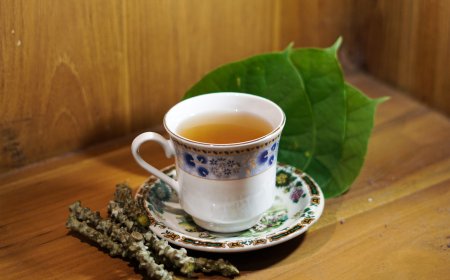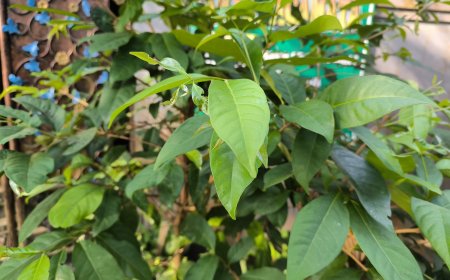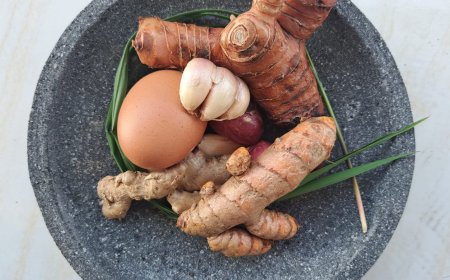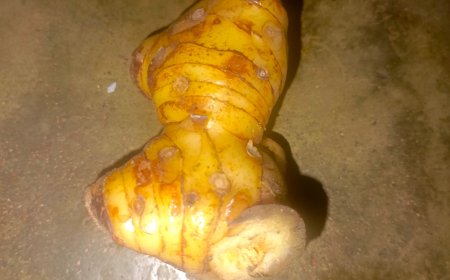Liligundi Plant: Traditional Medicine to Treat Sore Throat
Sore throat is a common health problem that often causes discomfort. Its symptoms, such as pain, difficulty swallowing and coughing, can interfere with daily activities. Many people look for natural laryngitis remedies. Liligundi is one such traditional Balinese herb that has been used for centuries as a sore throat remedy. Check out the rest of this article!
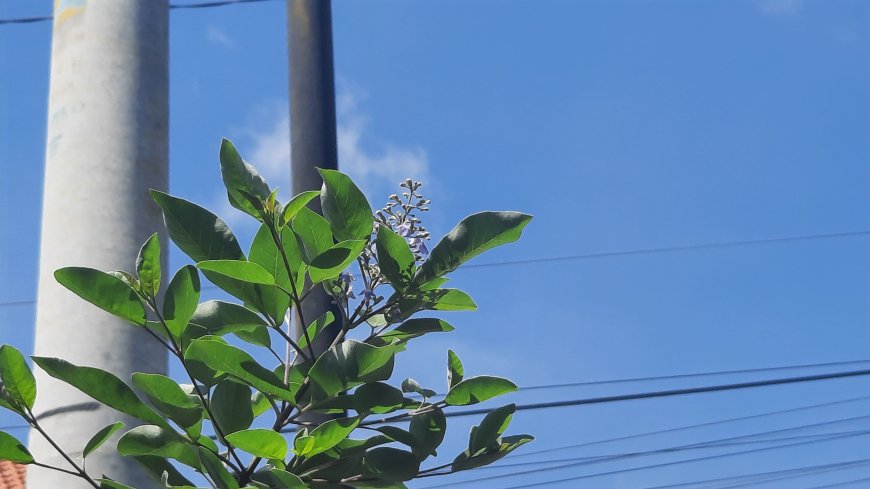
Bali, an exotic island in Indonesia known for its natural beauty, rich culture, and strong traditional heritage, also has a wide array of herbs used by its people. One such herbal remedy that is popular and has many health benefits is Liligundi, which is often used in a traditional practice known as Usadha Bali. Usadha is a traditional Balinese healing system that has been around for centuries. It is an integral part of Balinese culture and has an important role in maintaining the balance and health of the community. The practice of Usadha involves the use of herbs, massage, meditation, and various other natural healing methods. One interesting aspect in Balinese Usadha is the use of medicinal plants as an important part of healing. The liligundi plant, or Vitex trifolia, can be found in people's yards in Bali.
There are several lontar derived from Balinese medicine, such as Wraspati Kalpa, Budha Kecapi, Usadha Sari, Usadha Ola Sari, Usadha Separa, and so on including the lontar Usadha Tiwang which discusses the various properties of plants, one of which is the Liligundi plant. Lontar Usadha Tiwang discusses the disease tiwang. Tiwang is a disease that has symptoms of body space, pain and aches, restlessness, glaring eyes, stiff muscles and even fainting.
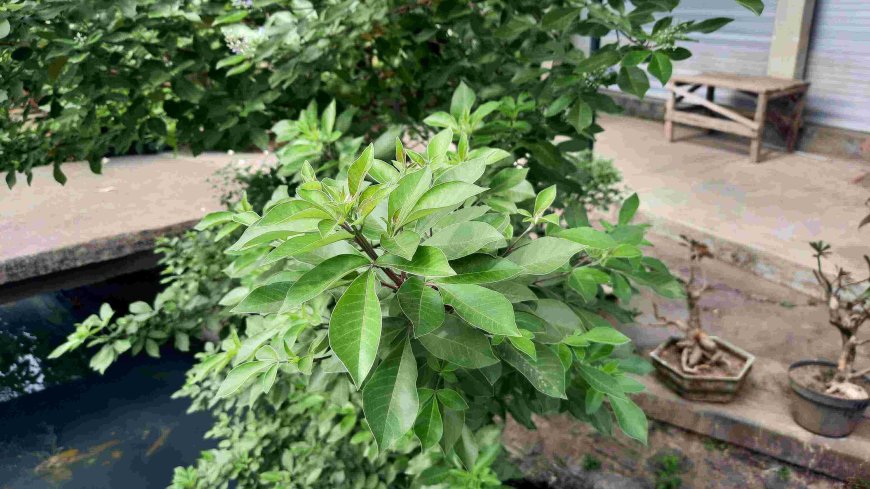
Liligundi Leaf (Photo Source: Private Collection)
The liligund plant has several benefits and properties that go beyond its use as a sore throat remedy. One of the main benefits of liligund is its ability as a natural antioxidant. The plant helps cleanse the body of toxins and harmful substances, maintains a healthy digestive system and stimulates optimal liver function. In addition, liligund also has mild antidepressant properties that can help reduce stress and anxiety. The plant is able to provide a greater sense of well-being and improve sleep quality. Liligund also has the potential to reduce cold and cough symptoms, so it is used in traditional medicine to relieve respiratory disorders. In addition, some people use liligund to treat skin problems such as dermatitis, itching, and minor wounds. Liligundi is one of the valuable and versatile herbs in traditional medicine with its versatile benefits.
Sore throat is a common health problem that often causes discomfort. Its symptoms, such as pain, difficulty swallowing, and coughing, can interfere with daily activities. Many people look for natural alternatives to laryngitis, and one of the traditional Balinese herbs that has been known for centuries as a laryngitis remedy is Liligundi. One of the main symptoms of laryngitis is inflammation in the throat area. Liligundi contains natural anti-inflammatory compounds that can help reduce inflammation and relieve throat pain. These are very desirable properties in the treatment of laryngitis. Liligundi also has strong antimicrobial properties. This means that this plant can help fight bacterial or viral infections that are often the cause of strep throat.

Processed Liligundi Plant as a Medicine for Throat Inflammation (Photo Source: Private Collection)
The first step in making laryngitis medicine from the liligund plant is to collect fresh liligund leaves. Make sure to wash the leaves thoroughly to remove dirt and dust. Next, bring the water in a pot. After that, put the liligund leaves into the boiling water. Let these leaves simmer in the water for about 5-10 minutes. The process of boiling process helps release the healing compounds of the liligund leaves into the water. Once the boiling process is complete, strain the liligunda boiled water to separate the leaves and the liquid. For this you can use a fine sieve or a clean cloth. If you want, add a pinch of salt to the strained liligund liquid that has been strained to enhance its antiseptic effect. Afterward, use the liligundi boiled water as a mouthwash. Gargle the liquid for a few seconds to one minute. Do this gargle several times a day, especially if your throat is sore or inflamed. This process helps relieve inflammation in the throat and provides a natural healing effect.
Liligundi is an effective herbal plant in dealing with sore throat, and its use has been an important part of traditional Usada Balinese practice. With its anti-inflammatory, antimicrobial, mucus-protective and immune-boosting properties, Liligundi is an effective natural solution to this health problem. However, it is important to remember that any treatment, including the use of herbs like Liligundi, should be used wisely. Consult a health professional or an experienced Usada Bali practitioner before starting treatment. Liligundi is one example of how traditional heritage and natural remedies are still relevant in the modern medical world, especially in places like Bali, which is rich in unique culture and healing traditions.















































